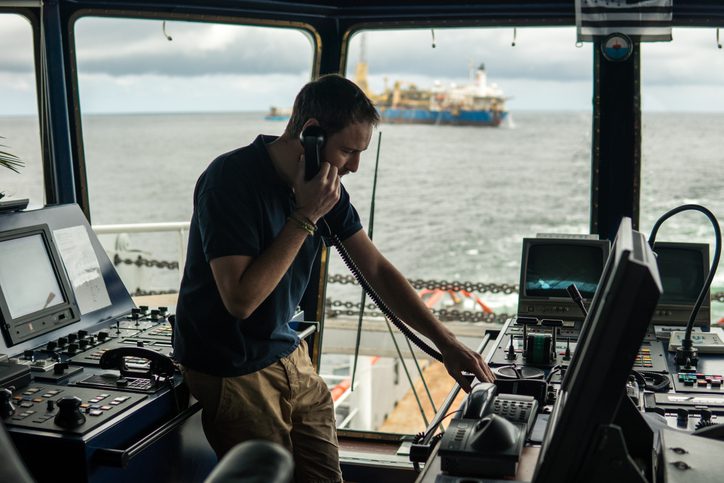When does your P&I insurer assist in relation to the Maritime Labour Convention?

Authored by British Marine
The Maritime Labour Convention (MLC) was adopted by the International Labour Organisation (ILO) in 2006 and entered into force in 2013. It plays a pivotal role in safeguarding the rights and wellbeing of maritime workers around the world. The MLC is often referred to as the Seafarers Bill of Rights and serves as comprehensive instrument that establishes minimum working and living standards for seafarers.
The convention addresses various aspects of the seafarer’s employment including:
working conditionshealth and safetyworking hourstrainingcertificationon board living conditionsaccess to medical treatmentgeneral welfare
From 18 January 2017, all ships which are subject to MLC have been required to carry and display on board two certificates confirming that financial security is in place for:
(a) shipowners’ liabilities for repatriation of crew, essential needs such as food, accommodation, and medical care and up to four months’ outstanding contractual wages and entitlements in the event of abandonment (Regulation 2.5, Standard A2.5.2 Paragraph 9)
(b) contractual payments for death or long-term disability due to an occupational injury, illness or hazard set out in the employment agreement or collective agreement (Regulation 4.2, Standard A4.2.1 paragraph 1(b)).
When does your P&I insurer assist in relation to the MLC and what is covered?
Liability for disability due to occupational injury (under Regulation 4.2) usually falls within the scope of standard crew cover under the rules. Repatriation and unpaid wages are covered in some cases, including when due to a shipwreck.
However, repatriation and overdue wages fall outside the scope of P&I cover when arising from abandonment under Standard A2.5.2 due to, for example, a shipowner’s financial default.
What constitutes abandonment?
Pursuant to the MLC Regulation 2.5 Standard A2.5.2 paragraph 2, a seafarer is deemed to have been abandoned where the shipowner:
fails to cover the cost of the seafarer’s repatriation; or
has left the seafarer without the necessary maintenance and support; orhas otherwise unilaterally severed their ties with the seafarer, including failure to pay contractual wages for a period of at least two months.
Should a seafarer be deemed to be abandoned they should attempt to liaise with their employer and union representatives to seek a solution.
If this does not resolve matters, any seafarer intending to claim should contact British Marine as the named P&I Insurer who issued the certificate displayed on board the vessel. Alternatively, their representatives may contact British Marine as the insurer.
Seafarers or their representatives should ensure that they provide as much documentation as possible to substantiate and quantify their claims. They will also need to cooperate in enabling repatriation arrangements to be made. The seafarers right to recover wages is linked to repatriation.
What will the P&I Insurer do?
British Marine will acknowledge receipt of a claim immediately and take steps to investigate. The validity of the certificate will be checked, and in most cases, it will be necessary to contact the shipowners.
As insurers we will often appoint a local correspondent or other representative to aid and assist in handling claims but should a seafarer be deemed abandoned, necessary support and maintenance will be given promptly which may include:
accommodationadequate food and waterclothingessential fuel for survival on boardnecessary medical careoutstanding wages and other entitlements (under SEA, CBA or national law, all expenses, costs, and charges reasonably incurred, including repatriation)
Under the British Marine’s Terms & Conditions, MLC is addressed in Rule(s) 5 & 36. Shipowners should be aware that some of the risk under the MLC certificates falls outside the scope of standard P&I cover. Paragraph 2 of the MLC Extension Clause imposes an obligation on shipowners/assureds to reimburse its P&I Insurer if a claim which the insurer has paid to a seafarer falls outside the scope of cover.





